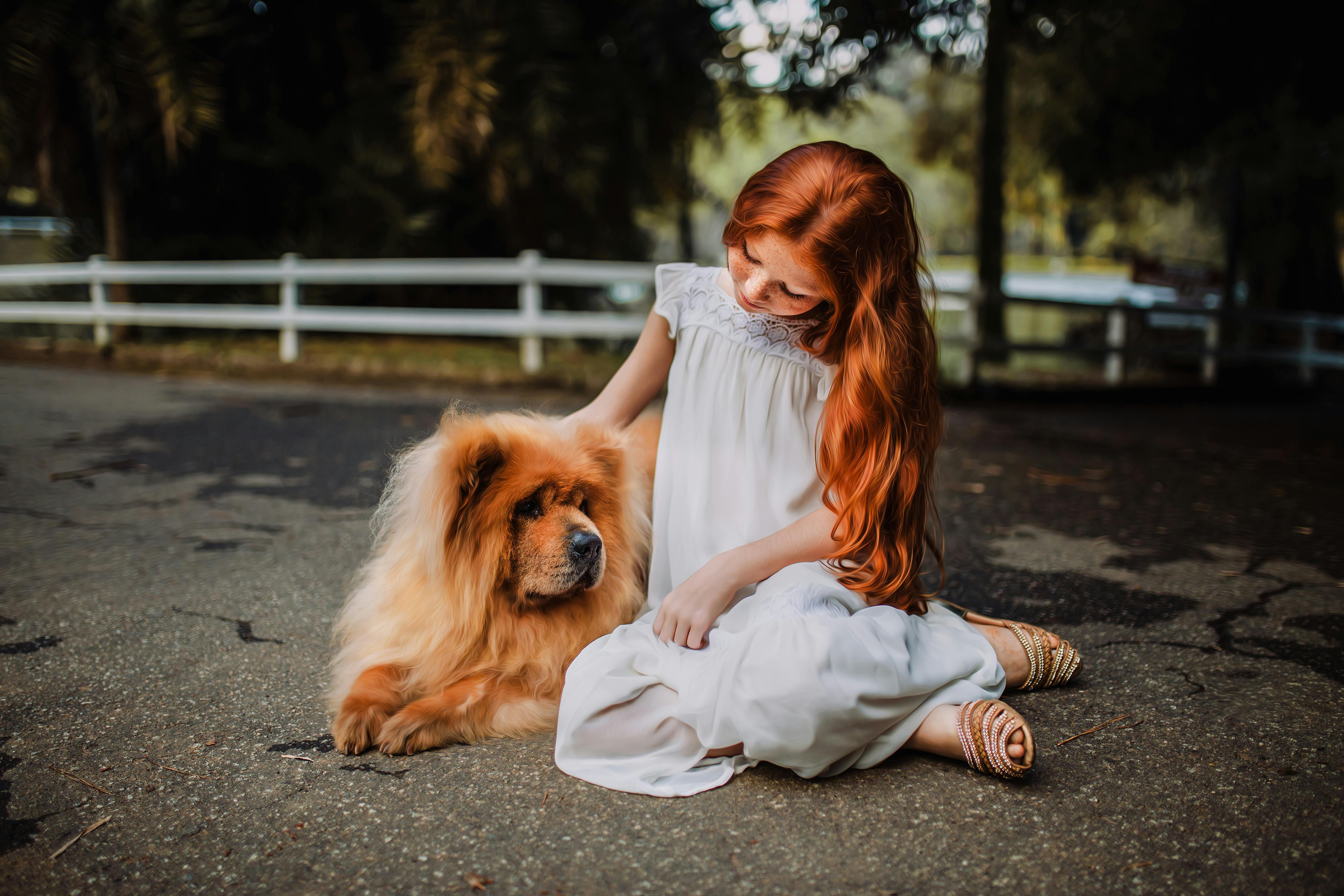Becoming a dog breeder is an unusual hobby and, in some cases, an unusual full-time profession. It requires knowledge of a particular breed of dog, patience, and enough space to have at least one litter of puppies on the move at a time. It also requires enough money to properly care for the bitch and her puppies, and to pay for the services of an experienced stud.
Dog breeders have different motives for breeding, but a love for dogs is imperative.
People decide to breed their dogs for a variety of reasons, including:
To make money. Raising a dog and selling it for cash can turn a hobby into a profitable source of income. If you have space, it can be fun too. But the initial investment can be considerable, and you will also need to put in a lot of time and energy, so think carefully before buying dogs on a whim.
To improve the breed. Some people love a specific breed of dog so much that they want to improve it, breeding their purebred bitches with top-of-the-line stallions.
Because you enjoy animals and take care of them. For some people, dog breeding is the fulfillment of a lifelong dream. Parents like the idea too, as it teaches their children the facts of life and sometimes the facts of death.
Have fun. Dog breeding can be a lot of fun, if you can bear to be separated from cute little critters once you breed them!
Choose your race and partner
Getting started is not that difficult, once you choose the type of dog you want to breed. Regardless of your own personal hopes and dreams, there are many practical considerations to take into account. You will need to choose a type of dog that is right for you, your family, and your home environment, which is not always a decision that can be easily made.
If you live in a small apartment, you may want to raise a small dog. If you live in sunny Florida, raising a dog in a thick fur coat may not be the best idea. And if you live on a farm with acres of outdoor space, a dog that loves to run free may be your best bet. Similarly, raising a breed known to be fierce and aggressive is not a good choice if you have young children.
The partner you choose should not only be compatible with your dog, but also have a pleasant temperament and be free from genetic diseases and illnesses. Regardless of whether you are breeding purebred dogs or stray dogs, you still have a responsibility to learn as much as you can about the stud’s background, unless you want six to eight puppies that no one wants to buy.
According to Breeders.NET, the 10 most popular dog breeds in North America are:
Labrador retriever. Consistently the most popular breed in the States, according to American Kennel Club registration statistics, this family dog hails from Canada. Originally he worked alongside a fisherman who helped drag nets; today they are excellent show dogs and guide dogs for the blind.
Golden retriever. Intelligent, seeks to please, makes a keen hunter. Originally from Scotland, this outdoor dog requires plenty of exercise and wide open spaces.
Yorkshire Terrier. Member of the Toy group, in the 19th century they helped in the mills to catch rats. A remarkable transformation followed: They left their working-class roots and became toys for the upper classes. Today they are enjoyed by everyone (except those who compare them to rodents).
American Pit Bull Terrier. While there is no question that this type of dog can be aggressive, owners say that how their personality develops generally depends on how they are treated. They can be loyal and caring with the right training and lots of love.
Boxer. Obedient and smart, they are great for kids. Powerful and muscular, they were once used to fight other dogs, as well as hunting large animals. Despite their strength, they love children and seek constant affection.
German shepherd. One of the most popular breeds in America. Intelligent and loyal, they make good military and police dogs, as well as excellent pets.
Small but intelligent Chihuahua, believed to be descended from a fox. They require little exercise but are easily chilled.
Dachshund. Alive and with a keen sense of smell, these “dachshunds” were bred in Germany in the 17th century to create an elongated animal that could hunt badgers from their burrows.
Shih Tzu. This fluffy fur ball has long, silky fur and makes a good companion animal. They are considered ideal for breeders with little space. Native to China, they often weigh no more than 12 pounds when fully grown.
Pug. One of the oldest breeds, they are famous for their balanced temperament and affectionate personalities. This breed dates back to 400 BC. C. and comes in several different colors, all with the distinctive “snout” on the face.
Types of breeders
Amateur breeder. Often used as a derogatory term, these are breeders who breed dogs simply because they enjoy it. Some breeders claim that they roughly fall into two categories:
Responsible hobby breeders raise pedigree animals, participate in dog shows, and belong to dog clubs and organizations.
Backyard breeders often breed strays and breed simply because they enjoy selling puppies, want to make money, or like to see their own pet having a good time. “Most are unaware of health issues in their breed (s) and do not conduct health tests for common conditions such as hip dysplasia, glaucoma, and other eye diseases. BYB often sells puppies through advertisements. classified in local newspapers, in flea markets or in the local Wal-Mart parking lot, “writes the website of the Silver Fox Samoyed kennel, which only raises one litter a year. “These are average people who have litters to earn some extra money and list their litters for sale in local newspapers. Most of the time they charge less for the puppies than pet stores or show breeders. Some breed the Your family’s pet because a friend or neighbor wants a puppy. “
High volume breeder. People who raise a large number of dogs at one time in facilities that house a large number of dogs and produce a large number of litters each year.
American Kennel Club (AKC) Accredited Breeder. Professional breeders who breed only purebred dogs and meet AKC standards.
If you have the time, money, and space to breed dogs, becoming a dog breeder may be for you. But since an estimated 3.5 million unwanted dogs die each year, think carefully before raising your dog. Embarking on such a decision will take a lot from you and your entire family, and your wallet will take a hit too, at least initially. Dogs are living beings that require a lot from you, if you just want a hobby that you can take up from time to time when you feel like it, try knitting or collecting stamps!


